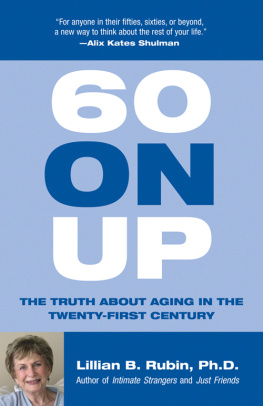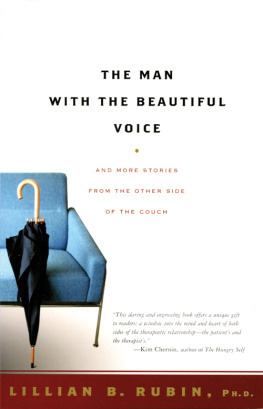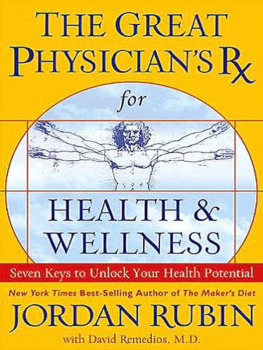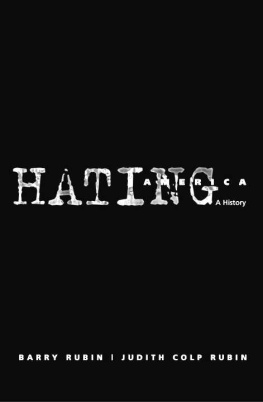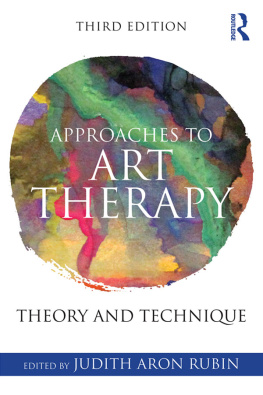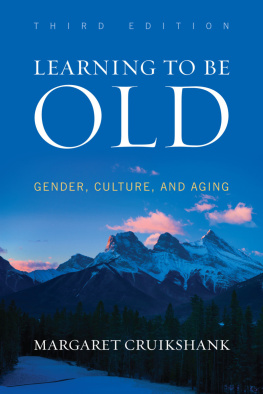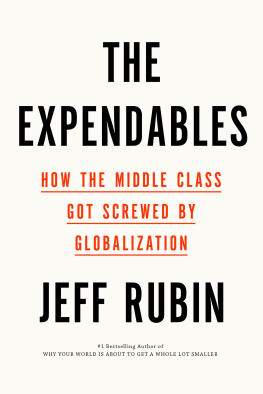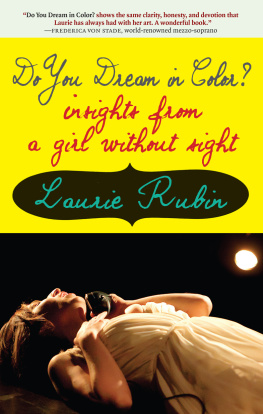Also by Lillian B. Rubin, Ph.D.
The Man with the Beautiful Voice: And More Stories from the Other Side of the Couch
Tangled Lives: Daughters, Mothers, and the Crucible of Aging
The Transcendent Child: Tales of Triumph Over the Past
Families on the Fault Line: Americas Working Class Speaks about the Family, the Economy, Race, and Ethnicity
Erotic Wars: What Happened to the Sexual Revolution?
Quiet Rage: Bernie Goetz in a Time of Madness
Just Friends: The Role of Friendship in Our Lives
Intimate Strangers: Men and Women Together
Women of a Certain Age: The Midlife Search for Self
Worlds of Pain: Life in the Working-Class Family
Busing & Backlash: White against White in an Urban School District
For Marci and Hank
And for all those everywhere
who are struggling with this new stage of life.
Chapter One
Through the Looking Glass
G etting old sucks! It always has, it always will. Yes, I know about all those books and articles extolling the wonders of what the media call the new old age. Ive been reading them for quite a while now and can only conclude that theyre either written by forty-year-olds who, like children afraid of the dark, draw rosy pictures as they try to convince themselves that no unknown monsters await them. Or theyre lying. Is that too harsh a word? Perhaps. Maybe its not a lie but a wish, a hope, a need to believe theres something more to this business of getting old than we see around us.
I recall Betty Friedans visit to San Francisco shortly after the publication of The Fountain of Age, a book proclaiming old age as a vital time of life at the same time that she herself was unable to walk the two blocks from her hotel to the restaurant where we were to have lunch. As I helped her to her chair, I said, with all the irony at my command, The Fountain of Age, huh? She shrugged, What would you want me to write, that it sucks? Theres got to be more than that.
Not that I dont believe in the possibility of what Friedan called a vital old age. It just seems to me to be half the story. Nor do I quarrel with her argument that for too long weve looked at old age solely through the lens of decline. But its also true that old ageeven now when old age isnt quite what it used to beis a time of decline and loss. To deny that, to look away from the reality in favor of some new one-dimensional view of aging, serves us ill.
Getting old probably isnt something anyone in any society looks forward to, but for us Americans, it seems downright un-American. I was reminded anew how the distaste for aging and the old colors our national thinking, whether about social policy or television programming, when I opened my copy of the New York Times one morning, turned to the Op-Ed page, as I always do, and saw yet another reminder of what a trial we old folks are. There at the top of the page was a sketch of an old man dozing in his recliner and an attention-getting sidebar: Geezers: Dont even think of getting near that remote. Just below it, in an article titled My Plan to Save Network Television, the author, a television writer and producer, takes a satirical look at advertisers and TV executives pursuit of the key demographic, people eighteen to forty-nine. He writes:
People over 49 do not buy interesting products. They detract from the hip environment advertisers seek.... The fact is, mature viewers are threatening the well-being of network television. I have a bold but common-sense suggestion: old people should not be allowed to watch TV. I anticipate the predictable charges of discriminatory, unfair, idiotic. Well, millions of elderly people live in age-restricted retirement communities, and you dont hear young people whining about that. Right-thinking older Americans will see this as a chance to do something for their country. Nurturing a nations consumer base is as vital as protecting its streams and forests. Its time for people over 49 to take one for the team.
Tongue in cheek? Certainly. Funny? Sure. Did I smile when I read it? Yes, with tears in my eyes and anger in my heart because, like all good humor, it rests on a profound truth.
So even though we old folks have plenty of money to spend$2 trillion a year, according to the Times articlewe cant even get a network executive to care what we think because we dont spend it in the right places. Hmmm. Where are all those sources of personal power and self-esteem I keep hearing about as the media celebrate the glories of the new old age?
Our revulsion with aging, our flight from it at almost any cost, is deeply ingrained. Yes, I know revulsion is a strong word. But think about it: who wants to be old? What do you think when you look in the mirror and see the signs of your own aging? How does it make you feel? Do you want to turn away, rush off to the nearest cosmetics counter and buy up every cream that promises to remove the lines that are so distressing, run to the gym in the hope that you can stave off the sagging muscles, call the plastic surgeon your friend used? Do you say to yourself, as a fifty-year-old woman said to me when explaining why shes planning plastic surgery, I try not to look at myself when I put my lipstick on, but sometimes I cant help it. Then I think: That cant be me. Its disorienting. I dont recognize that person in the mirror as me; shes not me, or at least not the image I have of me. And I want that one back. I want the outside to match the inside.
I want the outside to match the inside. What is that about? Why, when weve lived through so many years, overcome so many trials, does our internal image register only our younger selves? Why do we want it to? Why not some composite picture that takes in all the changes weve gone through along the way? Why are we so appalled at the signs of aging that were willing to undergo painful and expensive surgical procedures? Why, when people are in their last throes, are they still saying, as a friend who was close to death remarked to me a few years ago, How can I be dying when inside I still feel like I did when I was twenty?
In her groundbreaking book, The Coming of Age, written in the early 1970s, Simone de Beauvoir speaks passionately about the loss of our identity in old age, our fear of it, our inability (unwillingness?) to believe that the self we knew is gone, replaced by a loathsome stranger we cant recognize, who cant possibly be the person weve known until now. Writes de Beauvoir:
Thinking of myself as an old person... means thinking of myself as someone else, as an other than myself. Every metamorphosis has something frightening about it.... But when one is young the real advantages of the adult status usually counterbalance the wish to remain oneself, unchanged. Whereas old age looms ahead like a calamity: even among those who are thought well preserved, age brings with it a very obvious physical decline.... When we look at the image of our own future provided by the old we do not believe it: an absurd inner voice whispers that that will never happen to uswhen that happens it will no longer be ourselves that it happens to.
Why is it so agonizingly difficult to accept? Is it simply natural to prefer youth and beauty to old age and decline? A look across cultures suggests there may be some truth in that, but if so, it doesnt explain the intensity of the aversion with which we look upon old age. Perhaps, then, its something more complicated, something more psychological thats related to our anxiety about our mortality. Accepting our own aging may come too close to the realization that life is finite and that well soon reach its limita truth thats extremely difficult for most Americans, perhaps most people in Western society, to bear.

